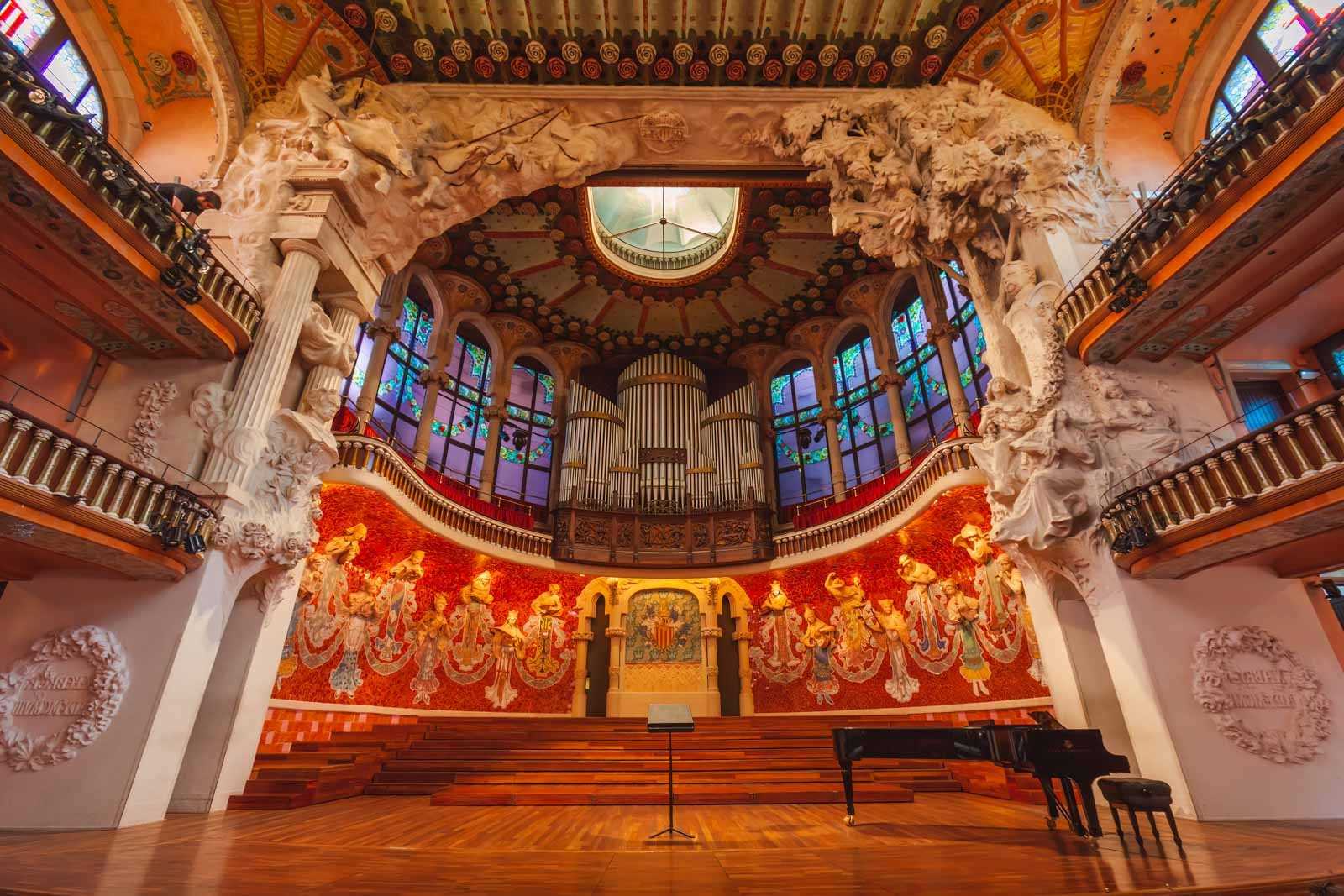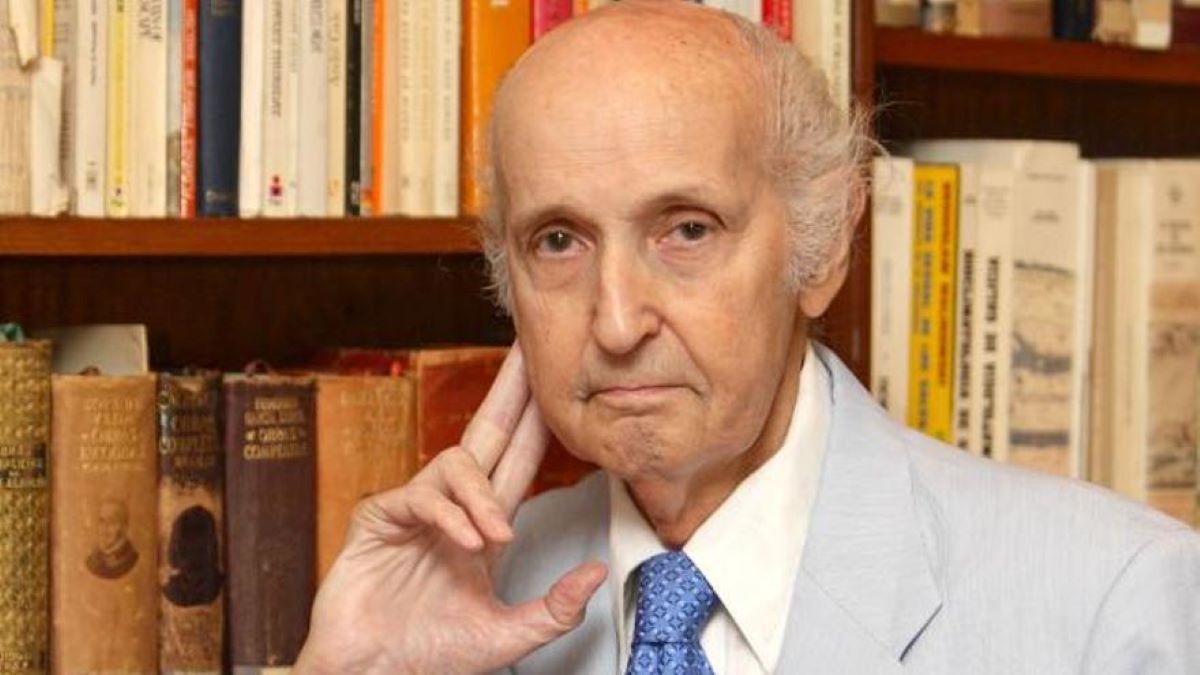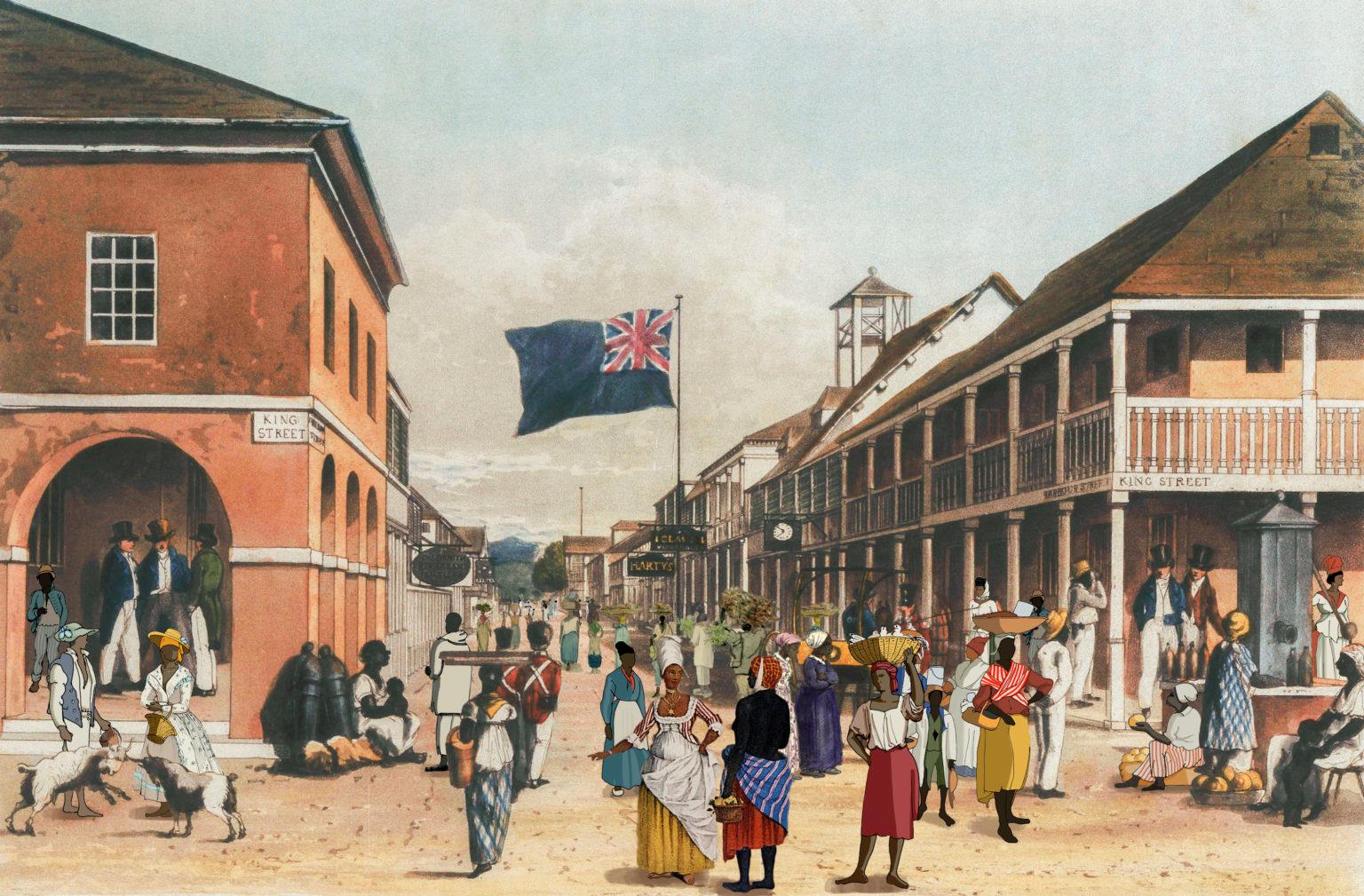
Did you know that the Spanish Empire was once among the most powerful global empires, shaping the world with its culture, language, and innovations? Spanning continents and centuries, this empire's influence is still felt today in various aspects of modern life. From introducing chocolate to the global stage to establishing the first global empire upon which "the sun never set," the legacy of the Spanish Empire is both vast and fascinating. In this blog post, we'll uncover 50 facts about the Spanish Empire, shedding light on its achievements, challenges, and the indelible mark it left on world history. Get ready for a journey back in time as we explore the marvels and mysteries of one of history's most formidable empires.
The Rise of the Spanish Empire
The Spanish Empire was one of the largest empires in history, spanning continents and centuries. Its rise to power was marked by exploration, conquest, and colonization.
- The Spanish Empire began with the Reconquista, the centuries-long effort to reclaim the Iberian Peninsula from Muslim rule.
- Christopher Columbus's 1492 voyage, sponsored by Spain, opened the door to the New World and vast territories for Spain.
- Hernán Cortés conquered the Aztec Empire in 1521, adding Mexico to Spain's growing list of territories.
- Francisco Pizarro's conquest of the Inca Empire in 1533 brought Peru under Spanish control.
- By the mid-16th century, the Spanish Empire included parts of North, Central, and South America, as well as the Caribbean.
The Golden Age of Spain
During the 16th and 17th centuries, Spain experienced a period of great wealth and cultural flourishing known as the Golden Age.
- The influx of gold and silver from the Americas made Spain one of the wealthiest nations in Europe.
- Spanish art and literature thrived, with figures like Miguel de Cervantes and Diego Velázquez making lasting contributions.
- The Spanish Armada, a massive fleet, was launched in 1588 to invade England but was famously defeated.
- Spain's influence extended to the Philippines, named after King Philip II, becoming a key part of the empire.
- The Spanish language and Catholicism spread widely, leaving a lasting legacy in many former colonies.
The Administration and Governance
Managing such a vast empire required a complex system of administration and governance.
- The Council of the Indies was established in 1524 to oversee Spanish colonies in the Americas.
- Viceroys were appointed to govern large territories, acting as the king's representatives.
- The encomienda system allowed Spanish settlers to collect tribute from indigenous people in exchange for protection and Christian instruction.
- The Laws of the Indies, a comprehensive set of regulations, governed social, political, and economic life in the colonies.
- Spanish missions played a crucial role in converting indigenous populations to Christianity.
The Decline of the Spanish Empire
Despite its early successes, the Spanish Empire eventually faced decline due to various internal and external factors.
- The Thirty Years' War (1618-1648) drained Spain's resources and weakened its military.
- The War of Spanish Succession (1701-1714) further strained the empire, leading to territorial losses.
- Economic troubles, including inflation from American silver, plagued Spain throughout the 17th century.
- The independence movements in Latin America during the early 19th century resulted in the loss of most Spanish colonies.
- By the end of the 19th century, Spain's empire was reduced to a few remaining territories, including Cuba and the Philippines.
Cultural Impact and Legacy
The Spanish Empire left a profound cultural impact on the world, influencing language, religion, and more.
- Spanish is the second most spoken language in the world, with over 460 million native speakers.
- Catholicism remains the dominant religion in many former Spanish colonies.
- Spanish architecture, such as the colonial-style buildings, can be seen throughout Latin America.
- The Day of the Dead, a Mexican tradition, blends indigenous and Spanish customs.
- Flamenco music and dance, originating in Spain, have gained international popularity.
Exploration and Discoveries
Spanish explorers made significant contributions to the world's knowledge of geography and natural resources.
- Juan Ponce de León explored Florida in search of the Fountain of Youth.
- Vasco Núñez de Balboa was the first European to see the Pacific Ocean from the New World.
- Ferdinand Magellan, though Portuguese, led a Spanish expedition that completed the first circumnavigation of the Earth.
- Hernando de Soto explored the southeastern United States, including the Mississippi River.
- Francisco Vázquez de Coronado's expedition searched for the mythical Seven Cities of Gold in the American Southwest.
Economic Exploitation and Trade
The Spanish Empire's economy relied heavily on the exploitation of natural resources and trade.
- The Potosí silver mines in present-day Bolivia were among the richest in the world, fueling Spain's economy.
- The Manila Galleons transported goods between Asia and the Americas, creating a global trade network.
- The Spanish introduced new crops to Europe, such as potatoes, tomatoes, and cacao, transforming European diets.
- The forced labor of indigenous people and African slaves was a cornerstone of Spanish colonial economies.
- The Spanish treasure fleets, laden with gold and silver, were frequent targets for pirates.
Military Conflicts and Alliances
The Spanish Empire was involved in numerous military conflicts and alliances throughout its history.
- The Battle of Lepanto in 1571 saw a Spanish-led coalition defeat the Ottoman Empire's navy.
- Spain formed the Iberian Union with Portugal from 1580 to 1640, temporarily uniting the two empires.
- The Eighty Years' War (1568-1648) was a prolonged conflict between Spain and the Dutch Republic.
- Spain's involvement in the Napoleonic Wars (1803-1815) weakened its hold on its colonies.
- The Spanish-American War in 1898 resulted in Spain losing its last major colonies, including Cuba and the Philippines.
Scientific and Technological Contributions
The Spanish Empire also made significant contributions to science and technology.
- Spanish navigators developed advanced maps and navigation techniques, aiding global exploration.
- The Royal Botanical Expedition to New Granada (1783-1816) cataloged thousands of plant species in South America.
- Spanish scientists like Santiago Ramón y Cajal made groundbreaking discoveries in neuroscience.
- The Spanish introduced European livestock, such as horses and cattle, to the Americas, transforming indigenous ways of life.
- Spanish missions often included schools and workshops, spreading European knowledge and skills.
The Enduring Influence of the Spanish Empire
Even after its decline, the Spanish Empire's influence continues to be felt around the world.
- Spanish cuisine, including dishes like paella and tapas, has become popular globally.
- The Spanish legal system influenced the development of legal codes in many Latin American countries.
- Spanish festivals, such as La Tomatina and Running of the Bulls, attract tourists from around the world.
- The Spanish language has enriched global literature, with authors like Gabriel García Márquez and Isabel Allende gaining international acclaim.
- Spain's colonial history is a subject of ongoing study and debate, shaping contemporary discussions about identity and heritage.
A Final Glimpse into Spain's Imperial Legacy
We've journeyed through a tapestry of facts that illuminate the Spanish Empire's vast influence and complex history. From its monumental discoveries to its cultural imprints across continents, Spain's imperial endeavors have left indelible marks on the global landscape. Acknowledging both the grand achievements and the darker aspects of its rule provides a balanced perspective on its legacy. As we reflect on these insights, we gain a deeper understanding of how past empires have shaped the modern world. Spain's story, rich with tales of conquest, exploration, and interaction, reminds us of the enduring impact of history on present-day societies. Let's carry forward this knowledge, appreciating the intricate mosaic of human history and its continuous influence on our collective identity and heritage.
Was this page helpful?
Our commitment to delivering trustworthy and engaging content is at the heart of what we do. Each fact on our site is contributed by real users like you, bringing a wealth of diverse insights and information. To ensure the highest standards of accuracy and reliability, our dedicated editors meticulously review each submission. This process guarantees that the facts we share are not only fascinating but also credible. Trust in our commitment to quality and authenticity as you explore and learn with us.


